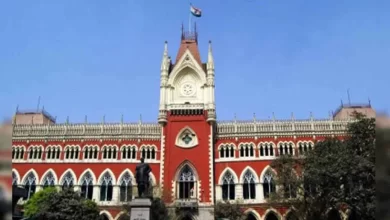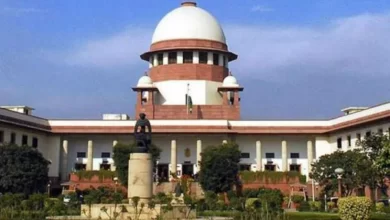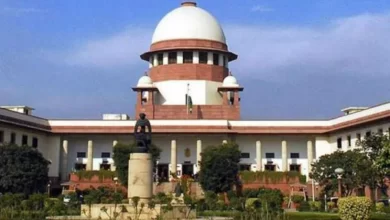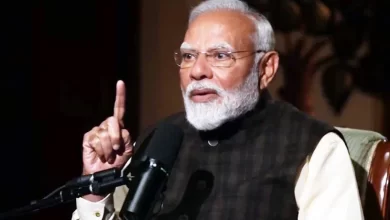RBI pulls Rs 2000 notes out of circulation, here’s what you need to know

Here are some frequently asked questions answered by RBI regarding the withdrawal of Rs 2000 banknotes.

Hyderabad: The Reserve Bank of India (RBI) has announced the withdrawal of Rs 2000 currency notes from circulation. The surprise announcement was made by the apex bank in a press release on Friday. According to the RBI, the existing Rs 2000 notes in circulation will remain valid until September 30. However, no new notes of this denomination will be printed.
Here are some frequently asked questions answered by RBI regarding the withdrawal of Rs 2000 banknotes:
1. Why are Rs 2000 banknotes being withdrawn?
The Rs 2000 banknote was introduced in November 2016 to meet the currency requirement after the withdrawal of Rs 500 and Rs 1000 notes. With the objective fulfilled and sufficient availability of other denominations, the printing of Rs 2000 notes was stopped. Most of these notes were issued before March 2017 and have reached the end of their estimated lifespan. Additionally, this denomination is not commonly used for transactions. Hence, in line with the “Clean Note Policy” of the RBI, the decision to withdraw Rs 2000 banknotes has been made.
2. What is the Clean Note Policy?
The Clean Note Policy is a measure adopted by the RBI to ensure that good quality banknotes are available to the public.
3. Do Rs 2000 banknotes still hold legal tender status?
Yes, the Rs 2000 banknote will continue to maintain its legal tender status.
4. Can Rs 2000 banknotes be used for normal transactions?
Yes, the public can continue to use Rs 2000 banknotes for their transactions and receive them as payment. However, it is encouraged to deposit and/or exchange these banknotes on or before September 30, 2023.
5. What should the public do with the Rs 2000 banknotes they possess?
The public can approach bank branches to deposit and/or exchange their Rs 2000 banknotes. This facility will be available at all banks until September 30, 2023, and also at the 19 Regional Offices (ROs) of RBI with Issue Departments.
6. Is there a deposit limit for Rs 2000 banknotes into a bank account?
Deposits into bank accounts can be made without restrictions, subject to compliance with Know Your Customer (KYC) norms and other applicable statutory/regulatory requirements.
7. Is there a limit on the amount of Rs 2000 banknotes that can be exchanged?
The public can exchange Rs 2000 banknotes up to a limit of Rs 20,000 at a time.
8. Can Rs 2000 banknotes be exchanged through Business Correspondents (BCs)?
Yes, Rs 2000 banknotes can be exchanged through BCs up to a limit of Rs 4000 per day for an account holder.
9. When will the exchange facility be available?
To allow banks time to make necessary arrangements, the public can approach bank branches or RBI’s Regional Offices (ROs) from May 23, 2023, onwards to avail the exchange facility.
10. Is it necessary to be a bank customer to exchange Rs 2000 banknotes at their branches?
No, even non-account holders can exchange Rs 2000 banknotes up to a limit of Rs 20,000 at any bank branch.
11. What if someone needs more than Rs 20,000 cash for business or other purposes?
Deposits can be made without restrictions, and cash requirements can be drawn against these deposits.
12. Is there any fee for the exchange facility?
No, the exchange facility will be provided free of cost.
13. What if someone is unable to deposit/exchange Rs 2000 banknotes immediately?
To ensure a smooth and convenient process for the public, a period of over four months has been provided for the deposit and/or exchange of Rs 2000 banknotes. Therefore, individuals are encouraged to take advantage of this facility at their convenience within the specified timeframe.
14. What if a bank refuses to exchange or accept the deposit of Rs 2000 banknotes?
In the event of a deficiency in service, customers can initially approach the concerned bank to address their grievance. If the bank does not respond within 30 days or if the customer is unsatisfied with the bank’s response, they can lodge a complaint under the Reserve Bank – Integrated Ombudsman Scheme (RB-IOS), 2021. Complaints can be registered through the Complaint Management System portal of the RBI (cms.rbi.org.in).







